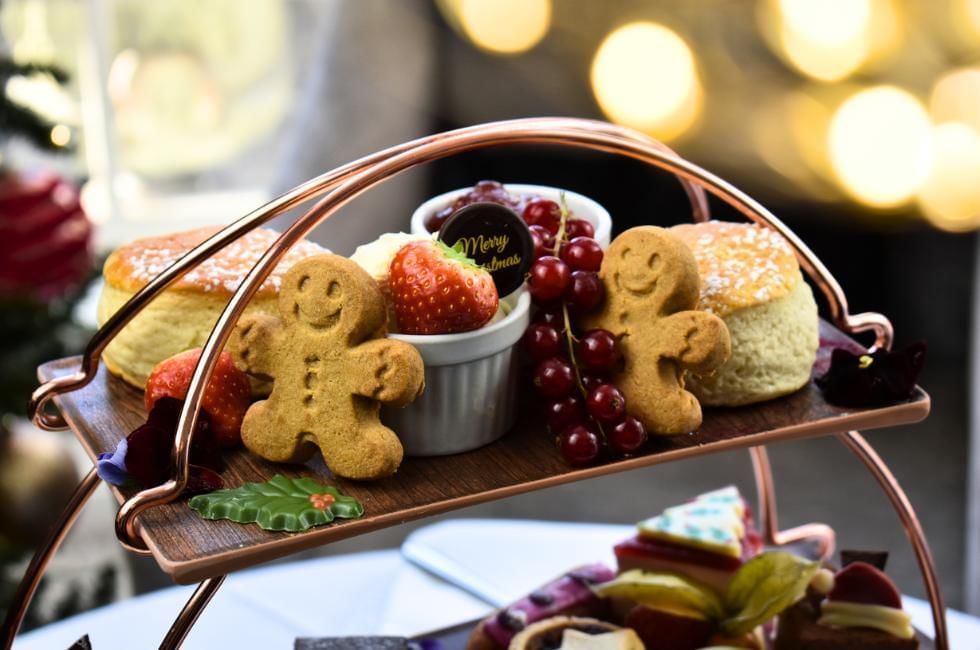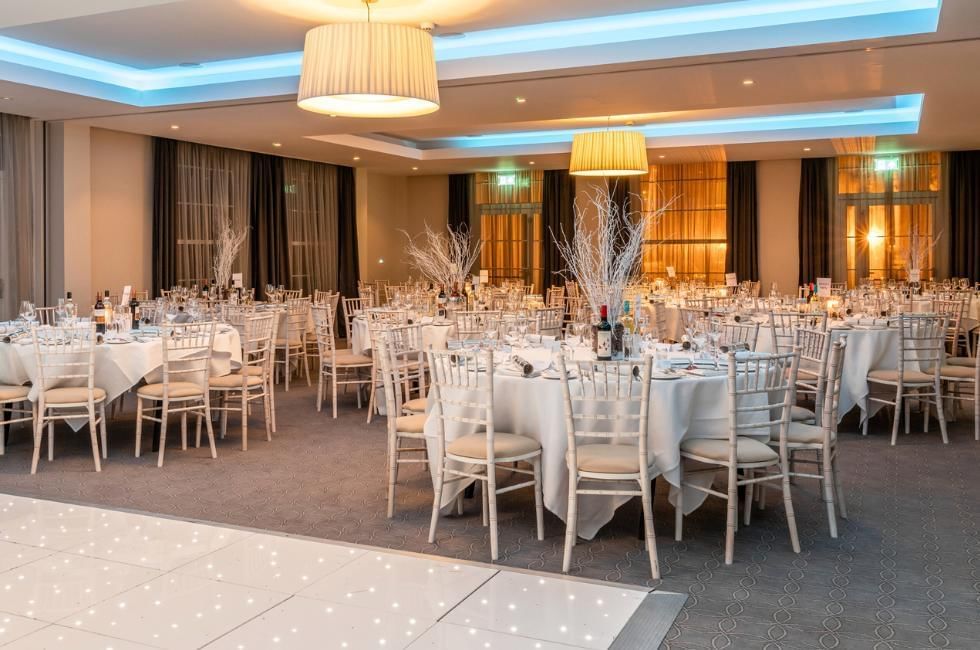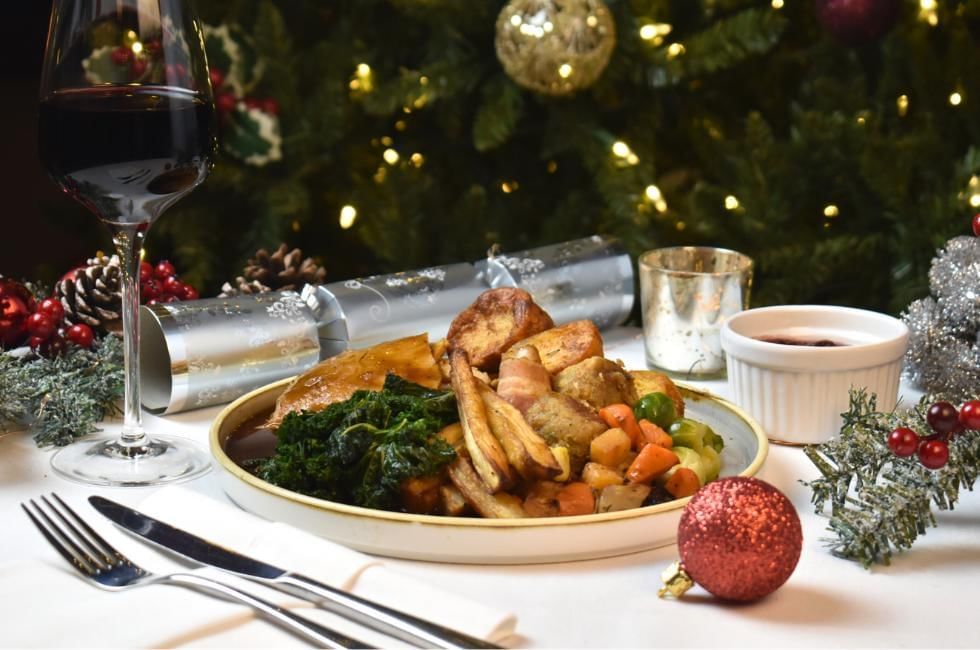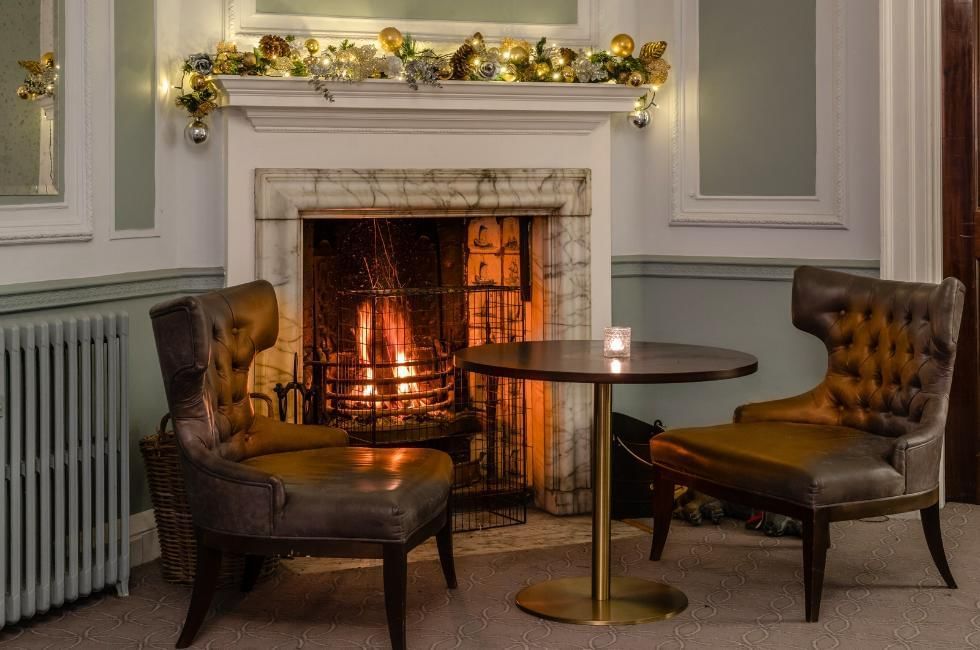Experience Christmas in Woking
At Gorse Hill This 2025
Transform Christmas into a world of decadence by spending your festive celebrations with Gorse Hill Hotel here in the beautiful Surrey countryside.
CHRISTMAS PARTY NIGHTS | CHRISTMAS DAY LUNCH | FESTIVE LUNCH & DINNER | PRIVATE CHRISTMAS PARTIES | FESTIVE AFTERNOON TEA
This year we’re offering a range of incredible packages perfect for both leisurely getaways and corporate events, with the option to tailor them to your requirements.
Whether you're looking for a unique party venue or a cosy spot to indulge in a seasonal dining experience, our beautifully decorated hotel sets the scene for a memorable occasion.
Discover more in our Christmas Brochure below or contact our Sales Team today HERE to start planning your celebration in Woking.
The following events can be booked via our Sales Team
![]()
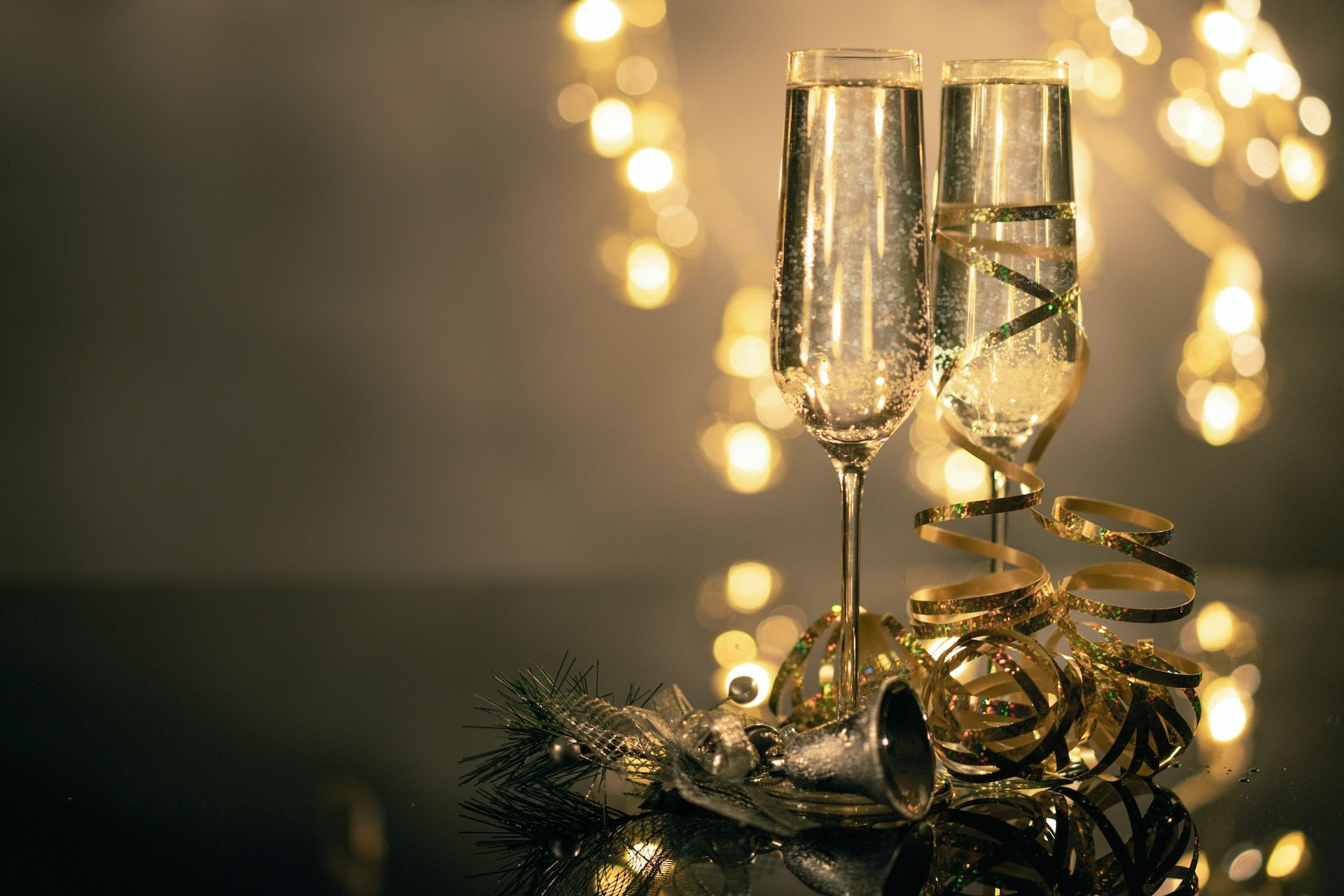
A Brief History Of Christmas Lunch in the UK
How Did This Tradition Begin?
The Tradition of Christmas Lunch originated in medieval England as a grand feast held on Christmas Day following church services.
The menu at that time centered around roasted meats such as goose, beef, or boar served alongside rich sides and desserts. As time went on, turkey became more common as the centerpiece of the meal.
Victorian era Christmas lunches also featured more decadent foods like oysters, mince pies, and plum pudding.
In the 1800s, as Christmas celebrations shifted to be more family focused and those grand feasts transitioned to more intimate home gatherings. Traditional dishes were simplified but retained.
Today, Christmas Lunch Menus vary around the world but commonly include roasted meats, vegetables, stuffings, potatoes, gravies, and sweets like Christmas pudding.
The meal represents family togetherness and a carrying on of favoured food traditions. Though dishes served have evolved, Christmas Lunch remains focused on savoring a hearty, nostalgic meal.
Where Did The Term Festive Come From?
The History of Festiveness Explained!
There is no definitive answer for who invented the term "Festive Period" in relation to Christmas, as it developed gradually over time, hewever, here are some insights into the history:
- The word "festive" has origins from the late 14th century, derived from Latin "Festivus" meaning joyous, merry, or festal. Using "festive" to describe Christmas and holiday celebrations likely emerged in the 1500s.
- In the 18th-19th century, the terms "Christmas Season" and "Festive Season" were both used to refer to the Christmas and holiday period in literary works and publications.
- The broader "Holiday Season" was also used, putting focus on multiple holidays like Christmas, New Year's, and Twelfth Night.
- By the early 20th century, "Festive Season" or "Festive Period" became a widespread set phrase used in the English-speaking world as another way to refer specifically to the Christmas season.
- The emergence of the phrase emphasised the festivities, merriment, and festive spirit unique to the Christmas period.
So while no single person takes credit, "festive period" organically emerged in the public consciousness over centuries as a descriptive term for the joyful atmosphere of Christmastime celebration and traditions. Its continued popularity speaks to the meaning the season holds in culture and bringing out our collective festive spirit.

